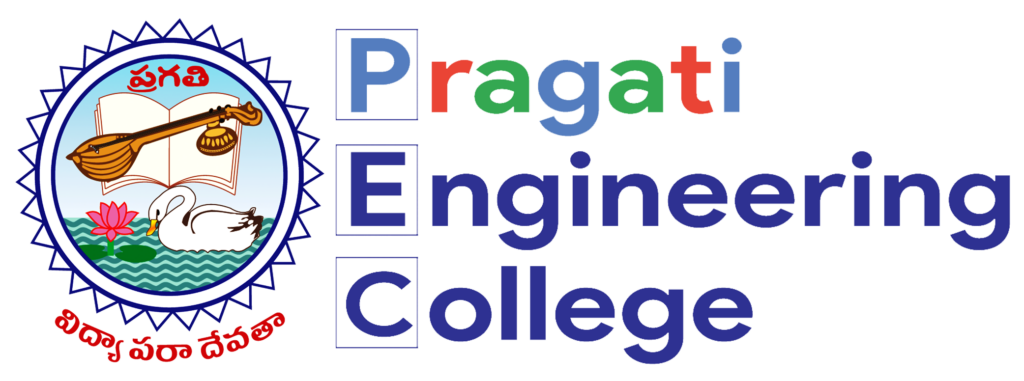ELECTRONICS & COMMUNICATION ENGINEERING
- About-ECE-department
- Vision & Mission
- Under Graduate Programmes
- Post Graduate Programmes
- Infrastructure
- Board of Studies
- Staff
- Academic Information
- Department Committees
- Professional Societies & Activities
- Research, Development & Consultancy
- Student Association Activities
- Faculty Achievements
- Student Achievements
- Internships & Industrial Training
- Academic Toppers
- Innovation in Teaching & Learning
- Digital Library
- News Letters / Tech Magazine
- Placements, Higher Studies & Entrepreneurship
- Distinguished Alumni
- Gallery
B.Tech in Electronics and Communication Engineering with an intake of 240
Program Educational Objectives (PEOs)
PEO1: To prepare Graduates with sound foundation in fundamentals of mathematics, science and engineering to assist them exhibit strong, independent learning, analytical &problem solving skills in Electronics and Communication Engineering domain.
PEO2: To facilitate learning in the core field with effective use of modern equipment and programming tools to solve real life, multi-disciplinary problems with professional, ethical attitude and also to make them aware of their social responsibilities.
PEO3:To assist and enable individuals to imbibe lifelong learning in thrust areas related to research & innovation to have Progressive Careers or Entrepreneurs.
Program Outcomes (POs)
- Engineering Knowledge:Apply the knowledge of mathematics, science, engineering fundamentals, and an engineering specialization to the solution of complex engineering problems.
2. Problem Analysis:Identify, formulate, review research literature, and analyze complex engineering problems reaching substantiated conclusions using first principles of mathematics, natural sciences and engineering sciences.
3. Design/Development of Solutions: Design solutions for complex engineering problems and design system components or process that meet the specified needs with appropriate consideration for the public health and safety, and cultural, societal, and environmental considerations.
4. Conduct Investigations of Complex Problems: Use research based knowledge and research methods including design of experiments in analysis and interpretation of data, and synthesis of the information to provide valid conclusions.
5. Modern Tool Usage: Create, select, and apply appropriate techniques, resources, and modern engineering and IT tools including prediction and modeling to complex engineering activities with an understanding of the limitations.
6. The Engineer and Society: Apply reasoning informed by the contextual knowledge to assess societal, health, safety, legal and cultural issues and the consequent responsibilities relevant to the professional engineering practice.
7. Environment and Sustainability:Understand the impact of the professional engineering solutions in societal and environmental contexts, and demonstrate the knowledge of, and need of sustainable development.
8. Ethics: Apply ethical principles and commit to professional ethics and responsibilities and norms of engineering practice.
9. Individual and Team Work: Function effectively as an individual, and as a member or leader in diverse teams and in multi-disciplinary settings.
10. Communication: Communicate effectively on complex engineering activities with the engineering community and with society at large, such as being able to comprehend and write effective reports and design documentation, make effective presentations and give and receive clear instructions.
11. Project Management and Finance: Demonstrate knowledge and understanding of the engineering and management principles and apply these to ones’s own work, as a member and leader in a team, to manage projects in multi-disciplinary environments
12. Life-long Learning: Recognize the need for, and have the preparation and ability to engage in independent and life-long learning in the broadest context of technological change.
Program Specific Outcomes (PSOs)
Engineering Students will be able to:
PSO1: The ability to apply concepts in electronics and communication engineering, to design and implement complex systems in the areas related to analog and digital electronics, communication, signal processing, VLSI & Embedded systems.
PSO2: Ability to provide discerning solutions based on the their expertise in electronics and communication courses in competitive examinations for successful employment, higher studies and research.
